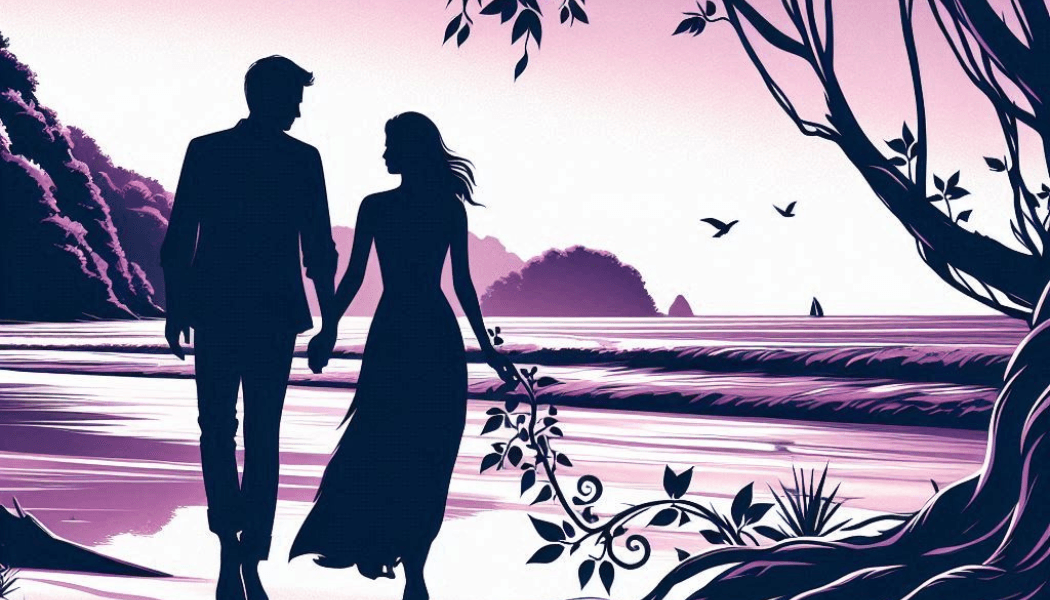Say Ghazal, but in English!
The thing about being a writer is that the brain comes up with random ideas when you are ready to sleep. Of course, sometimes, it has a trigger.
Yesterday night, I scrolled through my Instagram account and realized I posted many tiny poems and fragments in the 2019-20 period. Somehow, I stopped it afterward. It made me wonder if I should start again. Then, I remembered June is almost over, and I’m yet to post something on the website (gasp!).
Though I wanted to write something quirky and funny, my brain had a mind of its own and threw a refrain at me demanding I write a Ghazal, not the Hindi one, but the English version.
An English Ghazal is just as beautiful and tricky to write unless you find a proper refrain.
The Ghazal is written as couplets, a minimum of five and a maximum of fifteen. The first couplet introduces the idea, and the last couplet has the poet’s name as a signature (in the first or third person or something that implies the poet’s name).
The refrain appears in the first two lines and then in the even-numbered lines (the second line of each couplet). Ideally, the lines should have the same syllable count, though you can play with this. There’s also a rhyming word, which should be placed before the refrain each time it’s used.
Moreover, Ghazals have a complex and melancholic vibe since the themes have to be around love, longing, grief, pain, sadness, yearning, etc. (you get the drift).
That’s a lot, right?
Still, there’s something beautiful about writing a Ghazal and the repetition of the refrain that soothes the soul.
***
You and I
Faraway in the distant lands, hand in hand, you and I together
As the breeze teased my wayward hair strand, you and I together
Lost in each other, yet safe in the arms of secluded nature
Toes tickled by the golden grains of sand, you and I together
Time stood still as the silent clock ticked on forever
The warm sun making our skin tanned, you and I together
A smile here, a whisper there, a kiss here and there
Just you and me on this magical land, you and I together
Words, touches, lingering glances, and unspoken promises
Gestures so simple, they made the heart expand, you and I together
An embrace of entwined limbs, vowing to never let go
Say it, the tingle of your hoarse demand, you and I together
Knowing the spell would break at the slightest slip
Why couldn’t we be moored in this dreamland, you and I together
The winding creeper, binding us to each other
Letting none tear us apart as we stand, you and I together
***
Don’t look for my name in the last stanza. I had to get creative and use a substitute (Valli is a creeper). It’ll have to do!
Chant is another poetry style written in the couplet form, where the second line is a refrain. Read a sample here: You Always Said.




Permalink